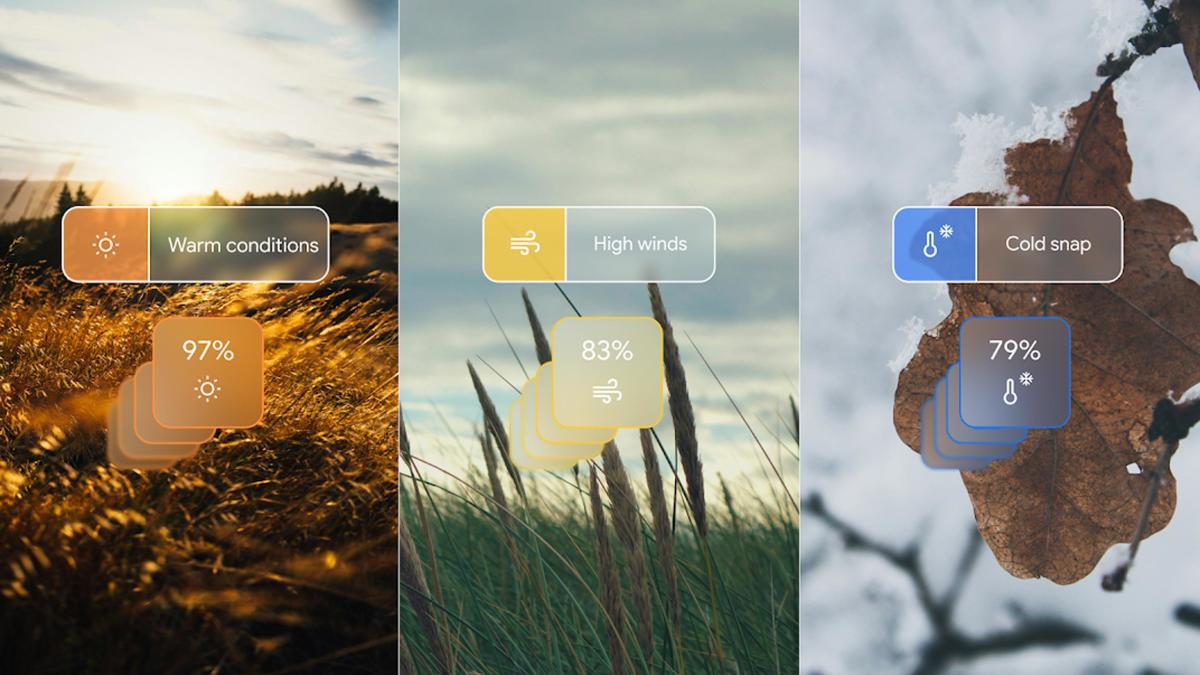Pretty much the only thing I think AI could be useful for - forecasting the weather based off tracking massive amounts of data. I look forward to seeing how this particular field of study is improved.
Bonus points, AI weather modeling, for once, saves energy relative to physics models. Pair it with some sort of light weight physical model to keep the hallucinations at bay, and you’ve got a good combo.



It would be amazing if it could have a significant impact on spatial and temporal accuracy of things like rain. I feel like for me the existing weather report is good enough for “it will probably rain tomorrow” but it’s really hit-or-miss when you get to hourly resolution. A good model may be able to go so far as to say “it will probably rain between 3-4pm on the east side of town tomorrow, and 2-3pm on the west side”
That’s the dream at least. With enough data and a sophisticated enough model it feels like it could be possible.
I’m not convinced you can ever get that resolution. There’s a big difference between modeling the broad trends and trying to remove the uncertainty from a process that’s inherently probabilistic.
Theoretically with enough data it could predict exactly what is going to happen do we have enough data currently to do that probably not but weather isn’t just completely random we just don’t understand it enough yet
My argument is that that is not the case.
There are many systems in nature that have randomness fundamentally built in. You can model the broad strokes, but the low level details are inherently unpredictable because random processes are involved at the low level. You can predict the general pattern of airflow over a jet wing, but it’s not a lack of input resolution that makes it impossible to project the path of a specific molecule.